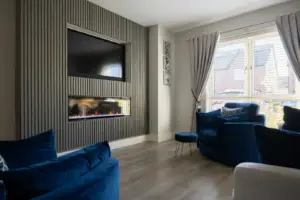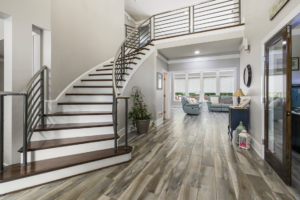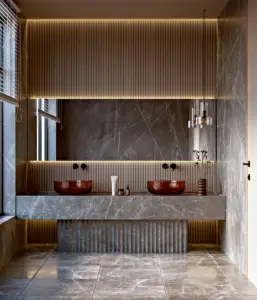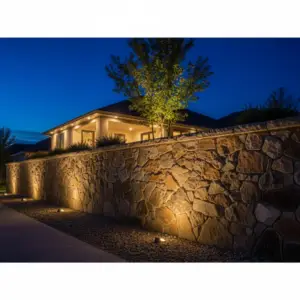By George House/04,Aug,2025
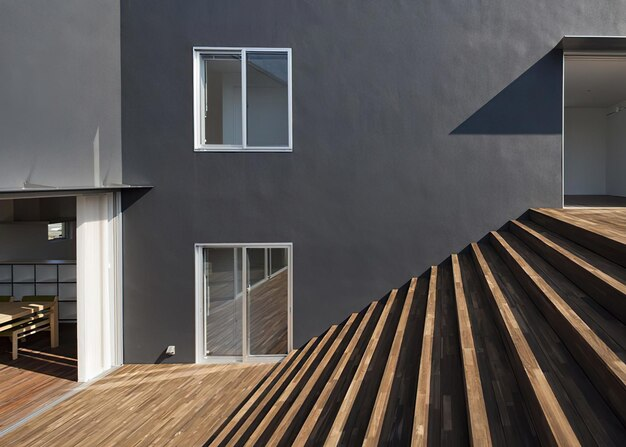
Do you know there’s another channel for security, ventilation, and lighting in your home? Apart from the conventional door and window opening that we used to know. The basement window provides a new lease of life and functionality to the secluded space in the house.
According to the FBI report on security, a well-constructed basement window prevents more than 9% of reported burglary entry points. This is a wake-up call to many homeowners. Especially for those who are looking forward to getting a new or improving on the existing project.
Among the plethora of options, choosing the best basement window for security often looks tricky. This is where this article comes in to guide you. It will help you on the best window option for enhanced security, ventilation, and preventing moisture buildup.
What is the Purpose of a Basement Window?
Basement windows have become a good choice for most homeowners. They want to breathe life into and transform the below-surface area of their homes. Over the years, the basement area has been overlooked by all and sundry who often see the area as a place of need only in times of trouble, occasionally or for storage. This concept has made the basement area the home of darkness, poor ventilation, musty odor, and, most commonly, mold buildup.
However, times are changing, and the introduction of different varieties of basement window options has changed the dynamics. Nowadays, the importance of them is obvious, transcending beyond the functionality spectrum to even the security aspect and beauty appeal. In terms of security, they serve as a means of escape in times of threat.
Additionally, a basement window also ensures your house stands out among others. It provides your basement with an adequate sense of livability. Thus, it turns the below-surface area into an extension of your house. These and many others reinforce the need for a window in your house. And to take charge of the area by getting the basement window of your choice, George Group is your perfect partner.
What are the Most Common Types of Basement Windows
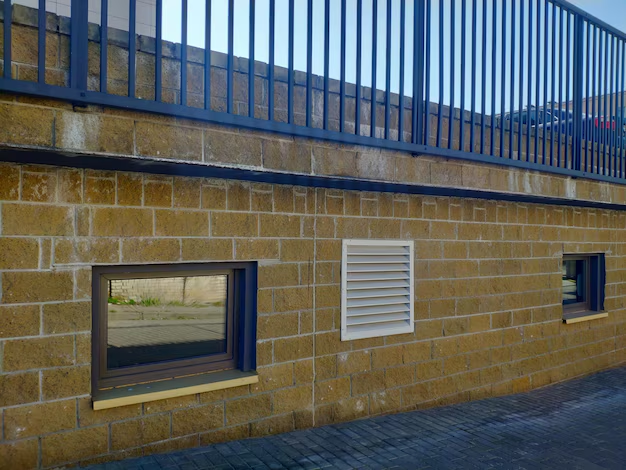
As we implied above, basement windows come in different types. Each of these types comes with its respective features, advantages, and disadvantages. The following are the detailed descriptions of the common types.
1. Hopper Windows
Hopper windows are the smallest size of the basement window. Despite its small size, hopper windows are very functional. They are designed to be horizontally oriented with hinges at the bottom. This design allows them to open inward from the top and let air into the basement.
In addition to their airflow function, hopper windows are also well insulated. This is due to their tightly sealed enclosure. The only downside of the hopper window is its inability to serve the purpose of egress. This is because of its small size.
2. Awning Basement Window
Awning windows are another great option for basement use. This type of window is like the direct opposite of the hopper window. They open from the bottom to the exterior. This change in opening dimension ensures that you can open the window in all weather periods. You can do this without fear of water or pest entry. Awning windows also have the same disadvantage as hopper windows. There is the addition of the need for clearance outside for proper opening.
3. Sliding Window
Slider windows, just like the conventional sliding ones we have in the main house, are also another horizontally oriented basement window. Sliding windows are suitable for all basement needs. They cater to wide openings. This design ensures the disadvantages of hopper and awning windows are removed.
One of the key features of sliding windows is their easy-to-operate functions. They ensure the basement has a good amount of natural light and air circulation. Plus, they meet egress requirements in times of need.
4. Casement Window
Casement windows are manufactured to hinge on one side while the other side swings outward when opened. This type of window allows full airflow inside the basement because of its large glass area. Among the available options, casement windows are often the most popular choice. They are preferred because of their all-inclusive customization. This involves grilles and other options.
5. Egress Window
If you are looking for a basement window that’s designed wholly for emergency exit during fire or other situations, you should consider an egress window for your basement. Egress windows are just like any other windows (hopper, sliding, casement, and awning) that open and close either via swinging or sliding.
The only difference between egress windows and others is the strict compliance with your area’s building code. Since it serves as an emergency exit, the egress window must comply with the region’s minimum size requirement for opening and closing. Compliance ensures that firefighters can use it to enter the building.
The Standard Basement Window sizes
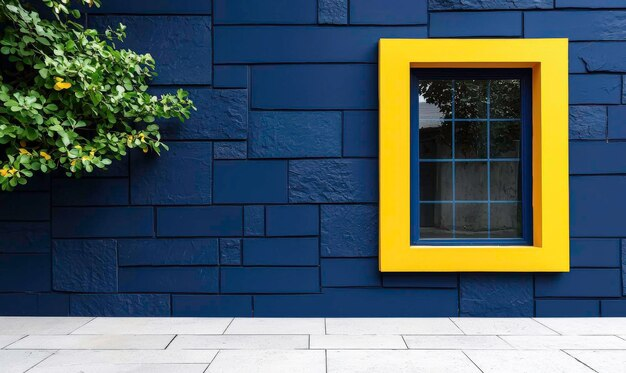
There is no one-size-fits-all standard for sizes because every type of basement window has its own dimensions and local building code. However, there are generally acceptable standard basement sizes for residential construction.
For a standard window size, you can do 13 inches to 32 inches in width and 10 to 24 inches in height. These sizes are best for a small basement window that only functions for ventilation and lighting.
If you require an egress (emergency exit) function for your basement window, you can choose from a range of widths ranging from 24 to 48 inches. The choice depends on your local building code. The following table shows the full range of the standard benchmark window sizes for each window type.
| Window Type | Common Sizes (W × H in inches) | Ventilation | Egress-Compliant | Best For |
| Hopper | 32 × 14, 32 × 16, 36 × 12, 36 × 24 | Yes | No | Utility areas, small basements |
| Awning | 32 × 16, 36 × 18, 40 × 20, 48 × 24 | Yes | No | Ventilation with rain protection |
| Slider (Sliding) | 36 × 24, 48 × 24, 48 × 36, 60 × 36 | Yes | Yes (if sized properly) | Finished basements, wider openings |
| Casement | 24 × 36, 30 × 36, 36 × 48, 36 × 60 | Excellent | Yes (if sized properly) | Bedrooms or living areas in basements |
| Fixed/Picture | 32 × 24, 36 × 24, 48 × 30 | No | No | Decorative or light-only purposes |
| Egress (Any type) | 30 × 48, 36 × 48, 36 × 60, 48 × 48 | Yes | Yes | Required for bedrooms or living spaces |
| Glass Block | 32 × 16, 36 × 24, 40 × 32 (modular) | No (unless vented) | No | Security-focused, utility spaces |
Are You Ready to Choose a Basement Window?
With the newfound utility that’s been ascribed to the basement door, you obviously need to have it at the top of your priority list. It does not matter the design standard or the aesthetics of your house. A poorly constructed basement window will end up being a flaw in terms of ventilation and natural lighting.
Now the need is obvious, and you are on the cusp of choosing the best basement window for your security and other necessities. This is where an expert consultation becomes essential. It is needed to give your basement an in-depth assessment. Then, provide the necessary guidance on the next stage of the project.
Your best option here is George Group, with our years of experience and a highly trained basement window expert in our ranks, we ensure you have the best possible basement window with the right style and proper installation that is devoid of any water leak or malfunction. Contact a George Group certified basement window expert to get started on your basement window project.

